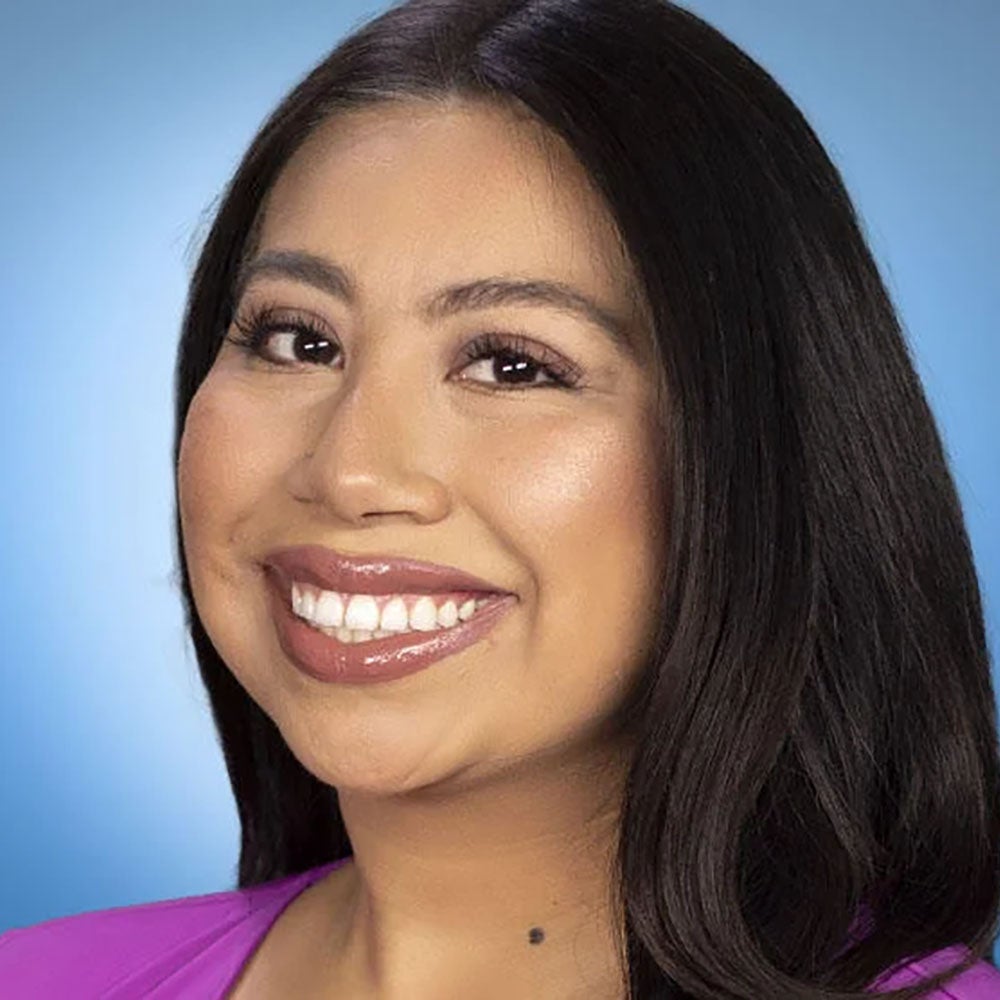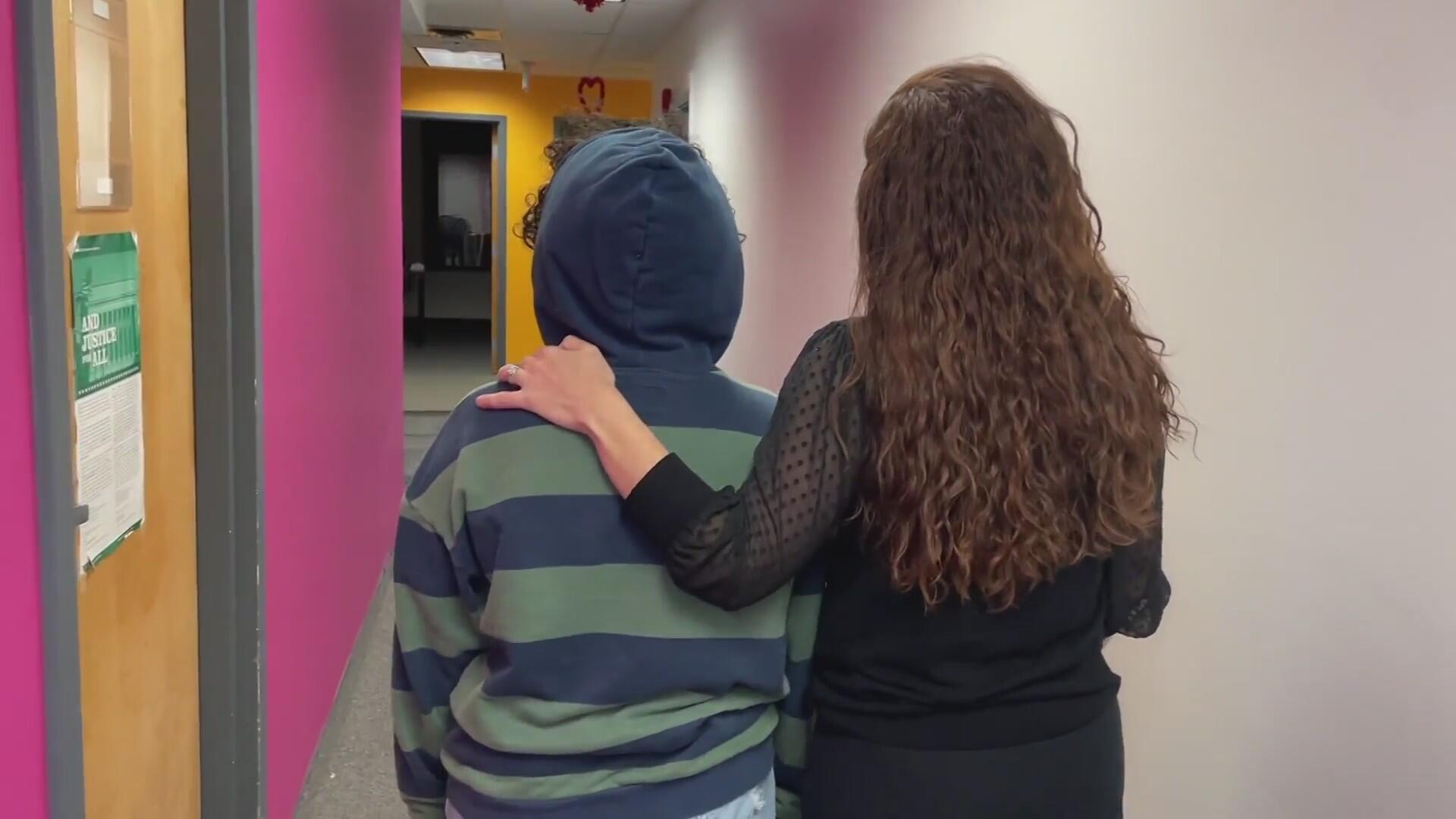Supreme Court ruling won't affect access to gender-affirming care in Colorado, but impact may felt
Colorado Attorney General Phil Weiser says a U.S. Supreme Court ruling issued Wednesday will not affect access to gender-affirming care in the state. The divided court upheld a Tennessee law that restricts certain medical treatments for transgender minors, including puberty blockers, hormone therapy, and some surgeries.
Twenty-six other states have enacted similar restrictions.
However, Colorado passed a law in 2023 protecting access to gender-affirming care.
In a statement, Weiser said, "Parents with trusted medical providers know what is best for their child and should have the option to seek the care their child needs."
Denver Health also told CBS Colorado the ruling will not impact its ability or commitment to continue offering gender-affirming care.
Advocates on both sides say the ruling could still influence how families across the country access — or avoid — gender-affirming care.
On Wednesday, the decision reignited a national debate over who should have the authority to make healthcare decisions for transgender youth.
Steven Haden, founder of the Colorado-based nonprofit , warned the ruling could put transgender and nonbinary youth at risk in states where such care is banned.
"LGBTQ youth are already at a significantly higher risk of suicide than straight youth — with greater rates of depression, anxiety, substance use, and eating disorders," Haden said.
However, some parents welcomed the ruling.
Erin Lee, a mother and founder of , said her daughter was introduced to gender identity discussions at age 12 without her consent — something she believes contributed to serious mental health struggles.
"My daughter was recruited into a secret gender club at school — without my consent," Lee said.
She said her daughter was exposed to adults outside the family and connected with them online.
"She was taught how to medicalize, how to see a gender-affirming care therapist without my knowledge, how to pursue puberty blockers — and she was told to keep it all a secret from us. We were lucky to find out and help her through the confusion," she said.
Lee says that after about a year, her daughter realized she was not a boy and is now comfortable in her identity. That experience, she says, motivates her to speak out.
"So many other families came forward with similar stories — kids convinced at school they were the opposite sex and told not to tell their parents," Lee said. "I realized this was a pervasive issue that needed attention."
Her daughter is no longer transgender-identified, and Lee is now advocating for a 2026 ballot initiative that would ban gender-affirming care for minors in Colorado.
"Kids cannot consent to irreversible medical treatments," she said. "I believe children should have time to develop — to work through mental health distress — before making irreversible, life-altering decisions about their bodies. Gender dysphoria is real; we've lived through it. But it's a mental health issue."
Colorado remains one of the few states with laws protecting healthcare for transgender youth.
The organization helps queer; transgender and LGBT people move from unsafe and unaccepting environments within the U.S. to Colorado. A spokesperson for the nonprofit tells CBS Colorado that since the November election, it has received roughly 900 applications from individuals seeking care and other rights in Colorado — many coming from states with restrictions on transgender rights.






